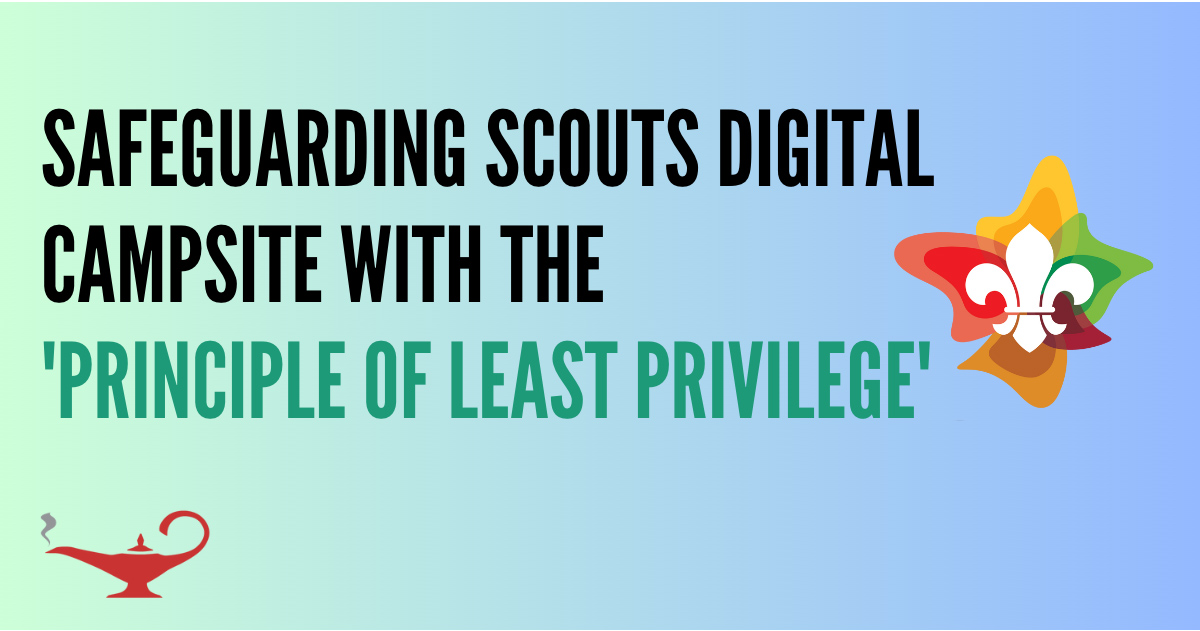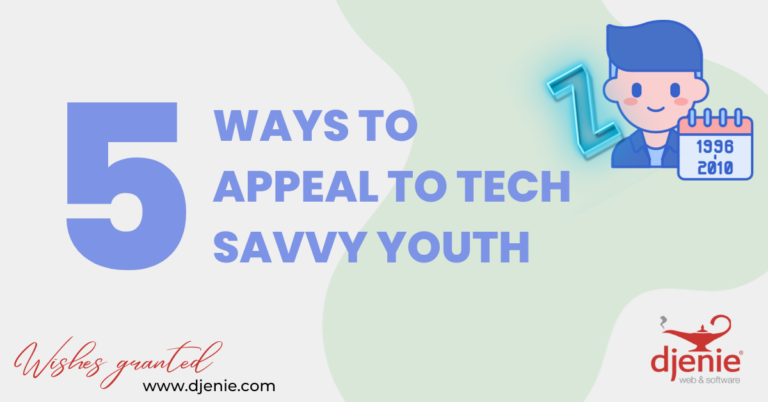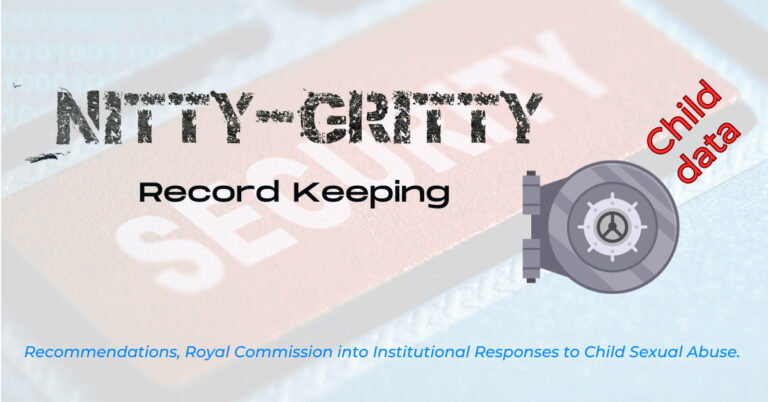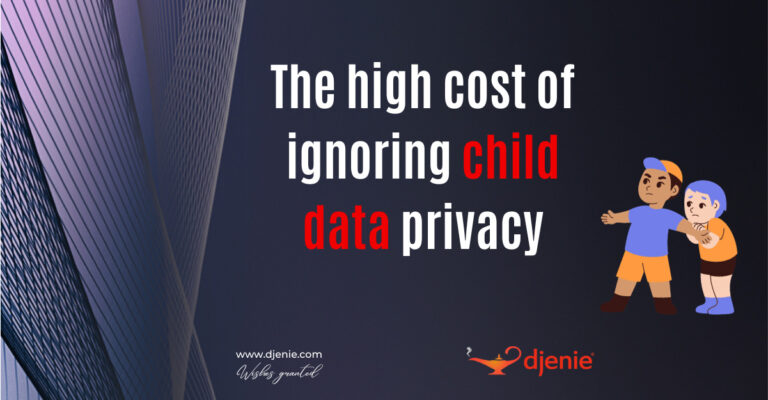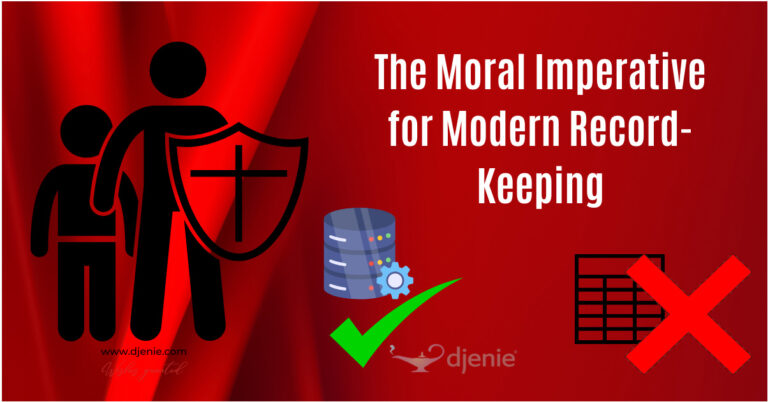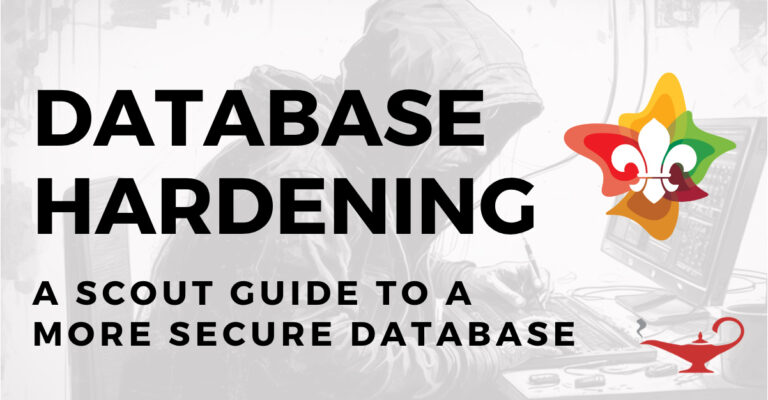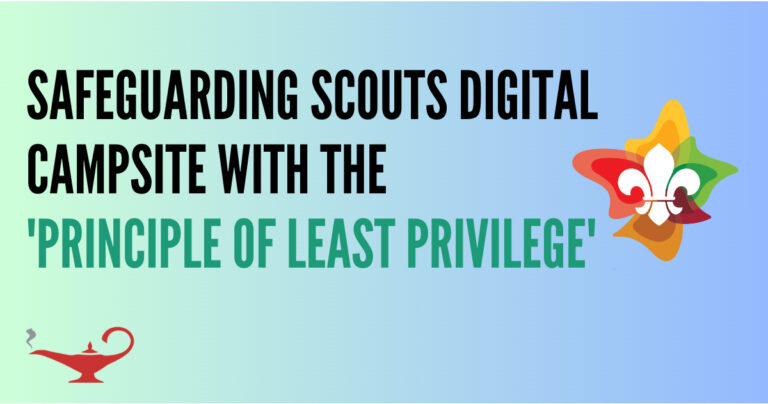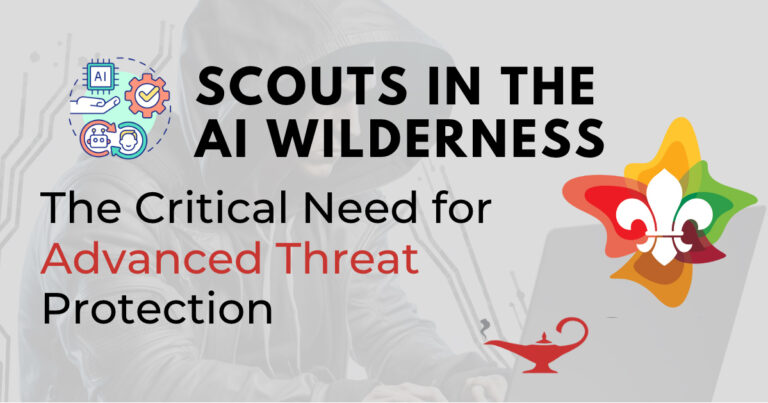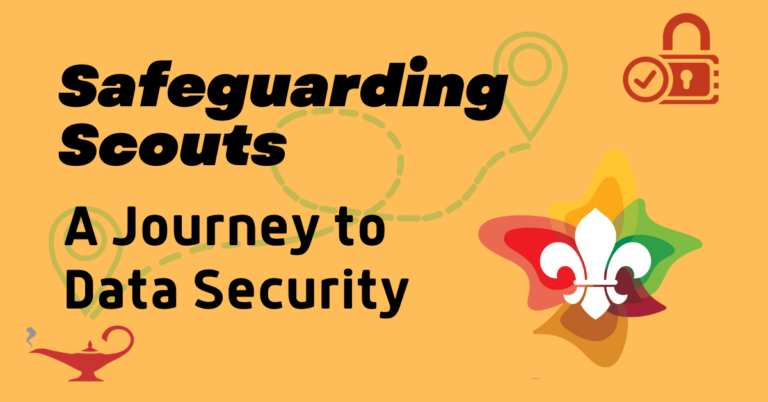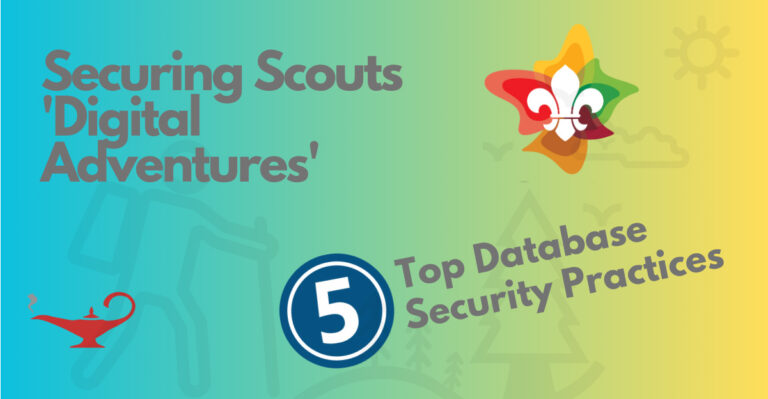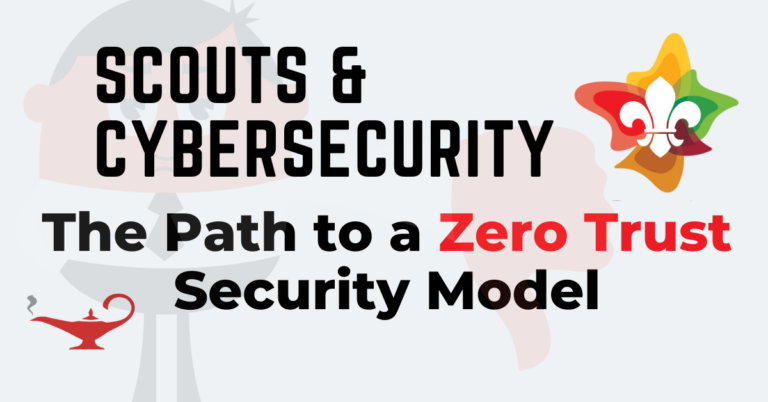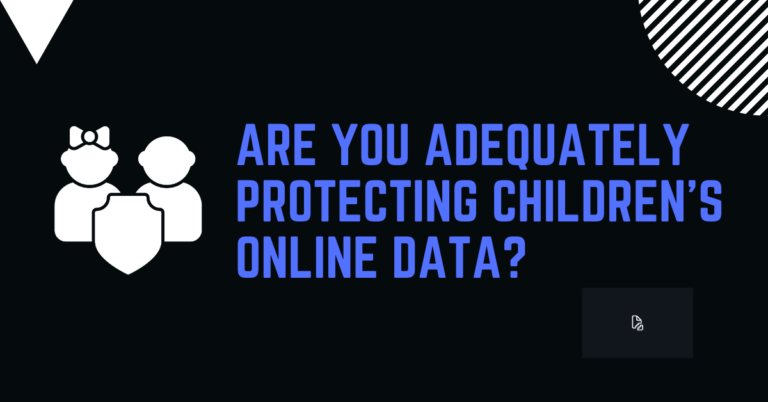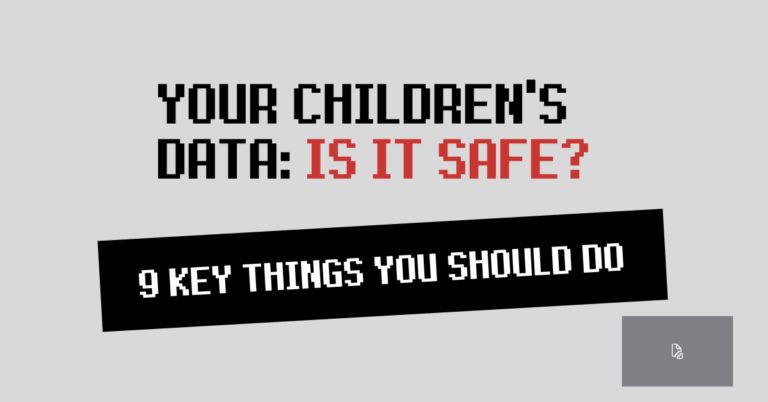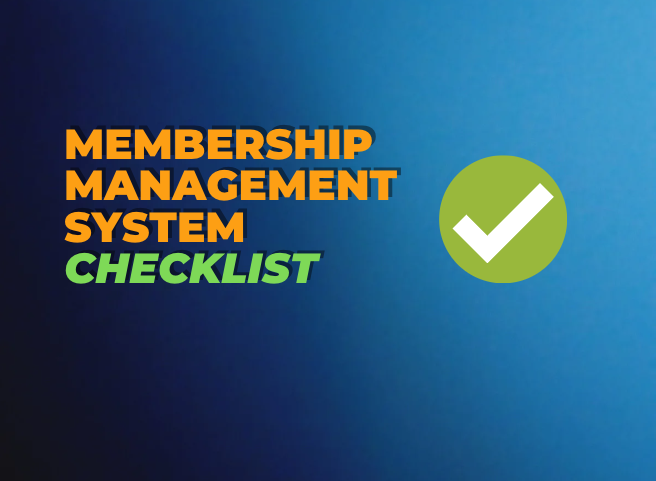If Database Security Is Your Thing, Limit Access Now.
Database security is a discipline in itself, it is the campfire we always need to be tending. In the expansive digital wilderness, shielding sensitive information is as vital as securing your campfire. In this blog Djenie turns its attention to The Principle of Least Privilege (PoLP) as it is a crucial technique for bolstering your cybersecurity practices, much like your scout’s trusty compass. PoLP is a strategy that advocates for granting users the bare minimum access necessary to carry out their tasks, forming a critical line of defense against data breaches. Read on as Djenie explores why and how Scouts Australia should employ this principle.
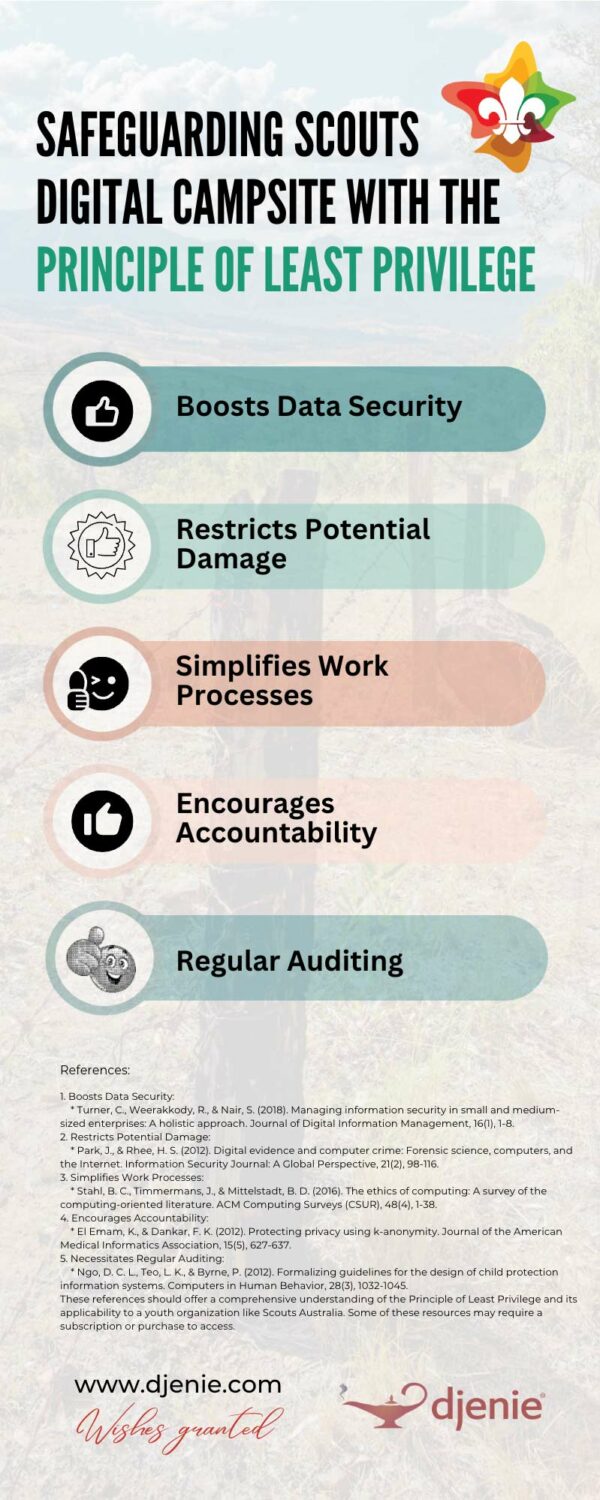
Download This Infographic In PDF Format!
Boosts Database Security:
Like limiting access to the group’s equipment, PoLP lessens the chance of accidental data exposure. Only those who genuinely require access to certain data can reach it, offering an additional layer of database security.
Restricts Potential Damage:
If a user account is breached, the potential harm is confined. Attackers can only access the functions and data that the original user had privileges to, preventing widespread damage.
Simplifies Work Processes:
By providing only necessary privileges, the work process becomes as streamlined as a well-planned hike in the Australian bush. Besides users won’t be overwhelmed by unnecessary options. This will lead to increased productivity and far fewer errors.
Encourages Accountability:
The Principle of Least Privilege can promote accountability within an organization, much like a scout’s honor code. With limited access, tracing any irregularities becomes easier, as fewer people have access to specific data. This saves valuable time in issue mitigation. Getting back to normal thus becomes faster.
Necessitates Regular Auditing:
To effectively employ PoLP, organizations need to regularly audit user rights, much like a routine equipment check. This ensures that as roles evolve, so do access privileges, preserving the effectiveness of the principle.
The Principle of Least Privilege is not just a theory; it’s a practical, highly effective strategy for enhancing cybersecurity within any organization not just a security conscious scouts organisation. By limiting access, risk in limited and that is the real purpose, and in the digital world where children’s data is a treasure, this principle is your trusted safeguard. Do it, implement the principle it sends a message that “We do care for your children”. Parents will thank you for it.
What are your thoughts on the Principle of Least Privilege? Have you put it into practice within your organization? Share your experiences and insights in the comments below. Djenie’s security experts would love to hear your views. And remember, for more valuable cybersecurity insights, subscribe to our newsletter today! Stay prepared!
Make sure you check out our other posts below on this important topic of Data Security and please let us know if you find that helpful too. Thanks for reading. Say safe.
Discover More: A Direct Insight
REFERENCES
- Turner, C., Weerakkody, R., & Nair, S. (2018). Managing information security in small and medium-sized enterprises: A holistic approach. Journal of Digital Information Management, 16(1), 1-8.
2. Restricts Potential Damage:
- Park, J., & Rhee, H. S. (2012). Digital evidence and computer crime: Forensic science, computers, and the Internet. Information Security Journal: A Global Perspective, 21(2), 98-116.
3. Simplifies Work Processes:
- Stahl, B. C., Timmermans, J., & Mittelstadt, B. D. (2016). The ethics of computing: A survey of the computing-oriented literature. ACM Computing Surveys (CSUR), 48(4), 1-38.
4. Encourages Accountability:
- El Emam, K., & Dankar, F. K. (2012). Protecting privacy using k-anonymity. Journal of the American Medical Informatics Association, 15(5), 627-637.
5. Necessitates Regular Auditing:
- Ngo, D. C. L., Teo, L. K., & Byrne, P. (2012). Formalizing guidelines for the design of child protection information systems. Computers in Human Behavior, 28(3), 1032-1045.
DISCOVER MORE POSTS ABOUT
Child Wellbeing & Security
ENJOYED THIS POST?
Follow us on social media to stay up-to-date with our latest posts
JOIN THE CONVERSATION!
Let’s Make It Meaningful Together

